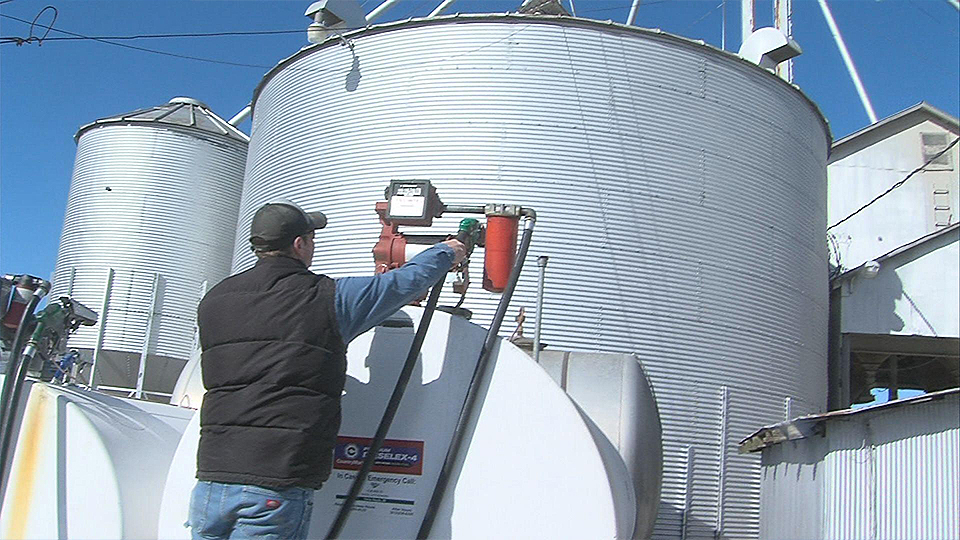Farmers Burdened by Rising Fuel Costs
Subscriber Benefit
As a subscriber you can listen to articles at work, in the car, or while you work out. Subscribe Now
Planting season is right around the corner, and farmers in west central Indiana are feeling the impact of rising fuel costs.
As soon as the ground dries up and the weather cooperates, farmers will be out in the fields prepping for planting season. Whether that be tilling the ground or spreading fertilizer, both require fuel for the operation.
Dwight Ludwig is a farmer out of Cory, Indiana. He tells WTHI-TV the cost of farm fuel has nearly doubled since the spring of 2021.
“Last year at this time, we were paying about $2.60 per gallon for farm fuel, and today, it’s $4.38 for that same fuel,” Ludwig said.
Ludwig says that some farmers, including himself, can use up to 10 gallons per acre. He says that can really add up on a farm of several thousand acres.
Ludwig says there are no alternatives for farm fuel, but there are some ways you can minimize your usage.
“If you usually run two passes of tillage, maybe you try to get by with one. Some of the extras of putting on nutrients with having to go over it again with a sprayer or a tractor — maybe that’s something that you combine with something else. Dial it back.”
Bob White, a director with Indiana Farm Bureau, provided a statement to WTHI.
“While farmers were already feeling the financial burden from fertilizer prices being 300-500% higher than last year, now the cost of fuel is just another worry. The crude oil price is at a 13-year high. It’s running close to $120 a barrel. Less than a year ago we were looking at $80 a barrel or even $70 a barrel. If the trend of fuel costs continues to rise, Indiana farmers will feel an incredible burden as we prepare for planting season in the next few weeks.”
Ludwig says that every year is a gamble — only this year the stakes, and the fuel costs are much higher.
“Something kind of makes you nervous…keeps you up at night. There is not a whole lot we can do about it. We just do the best we can with what we’re given.”
You can watch the full report from WTHI’s Kit Hanley by clicking here.
